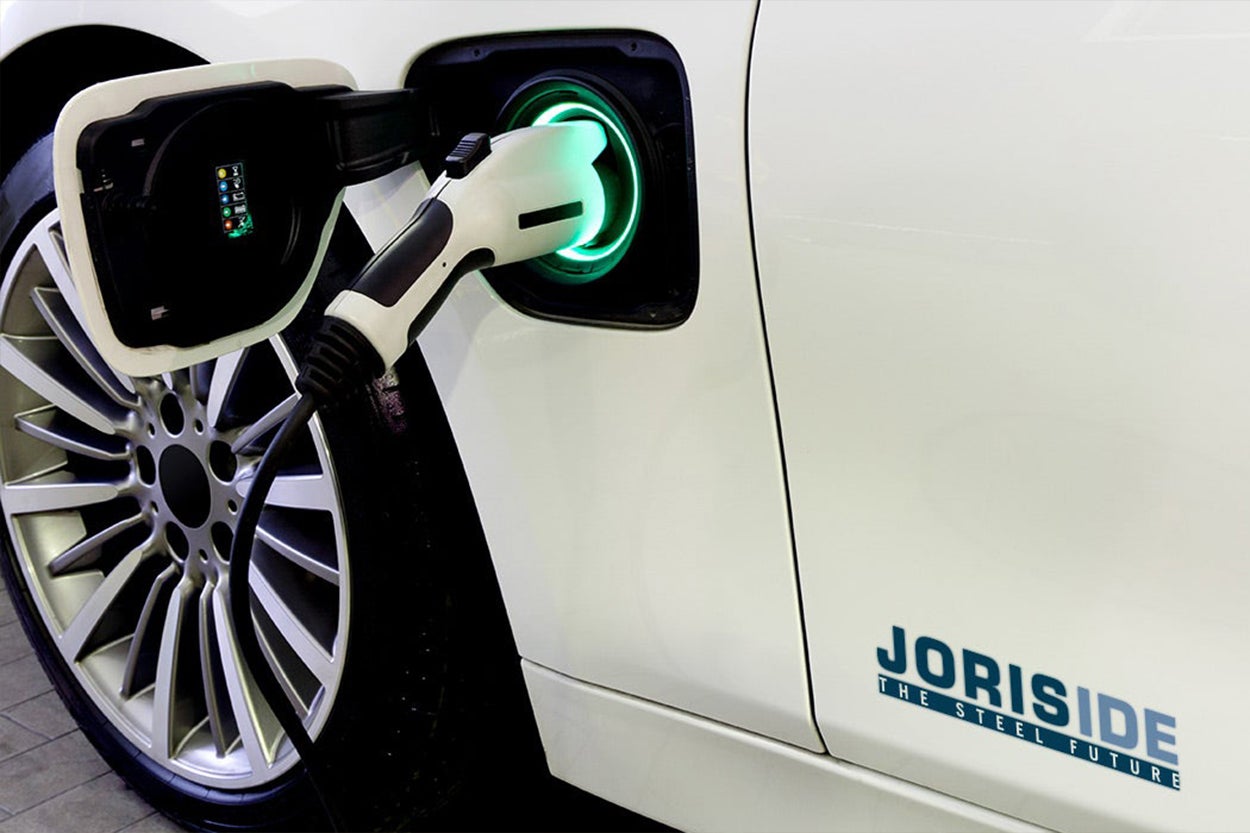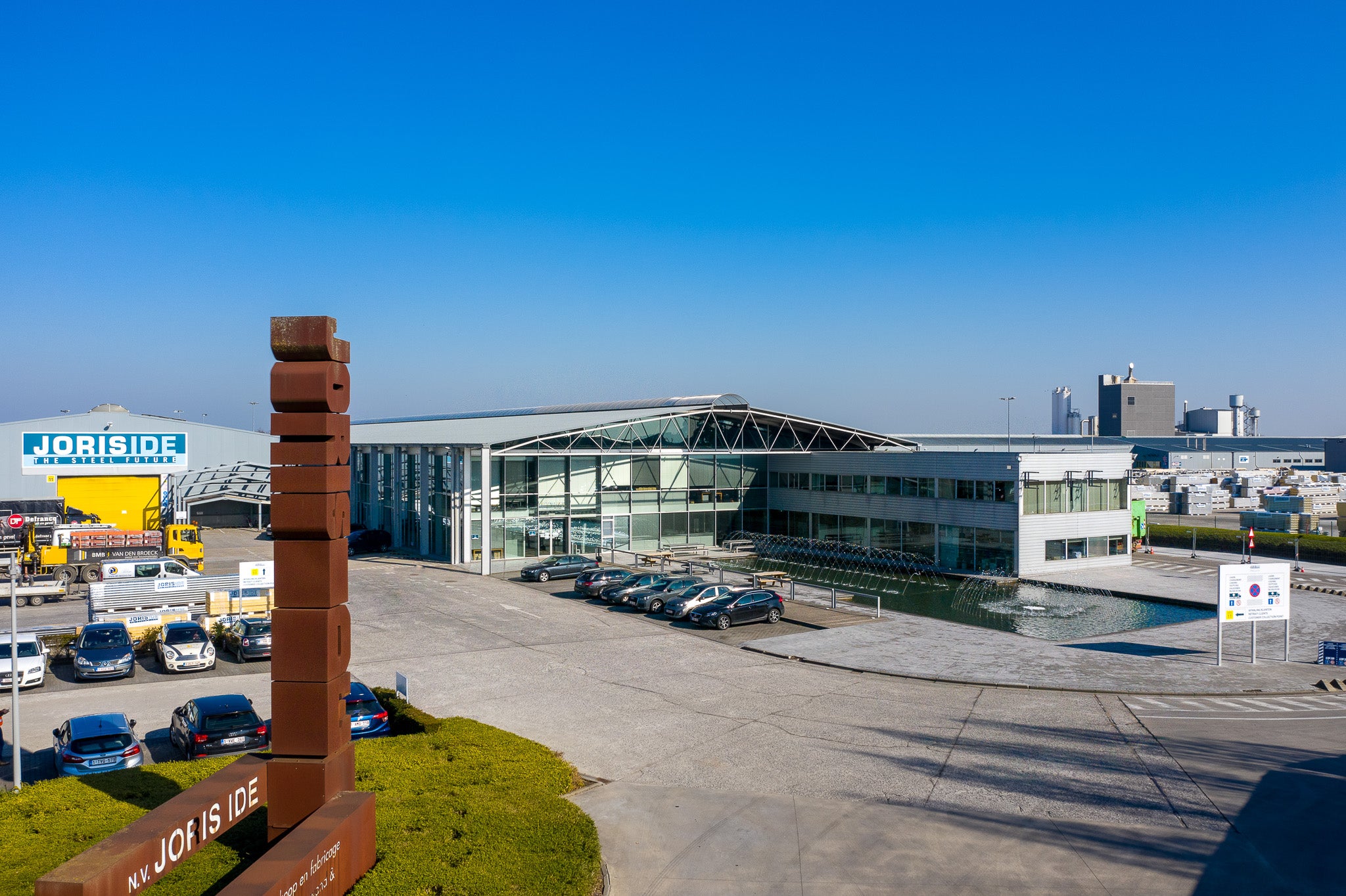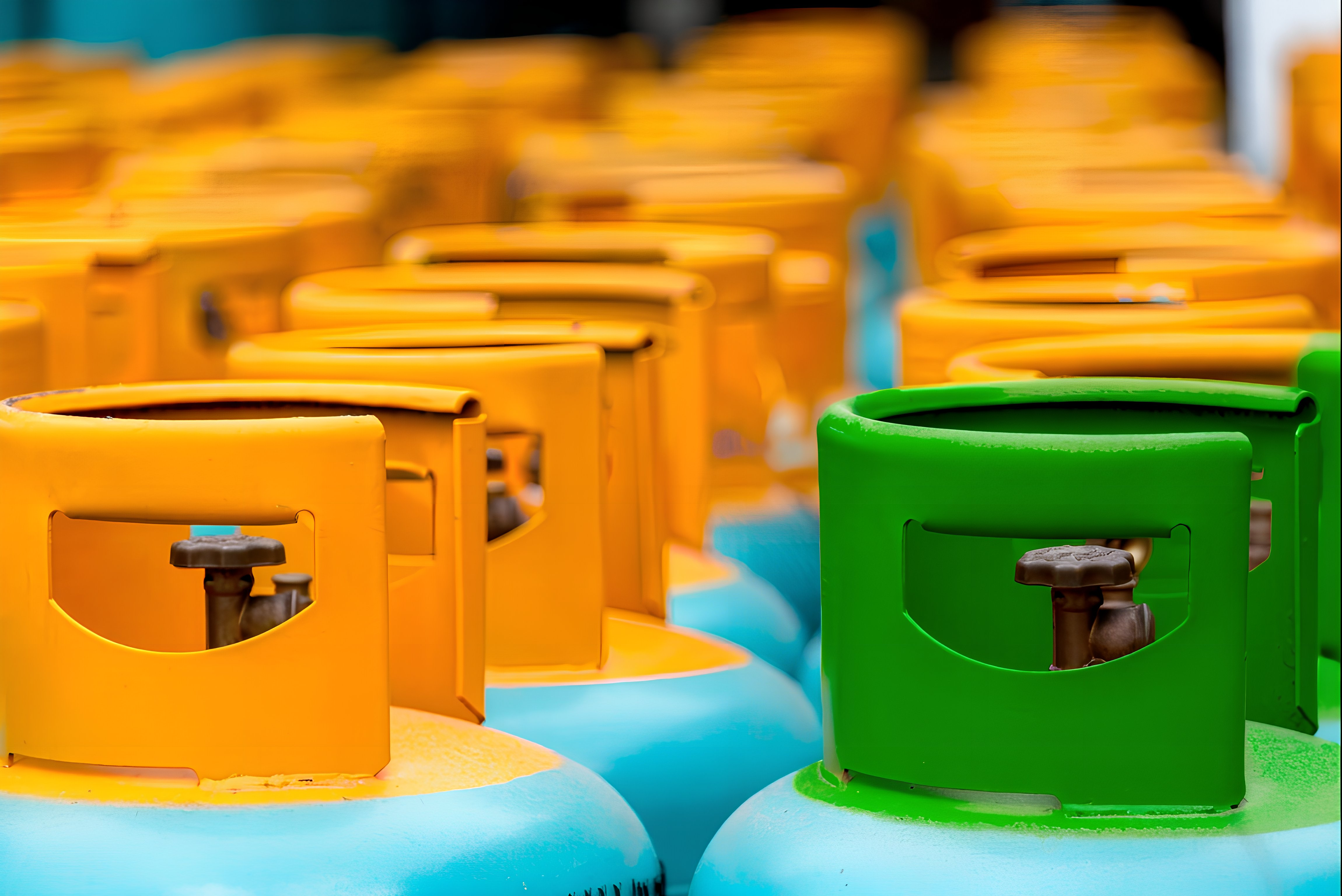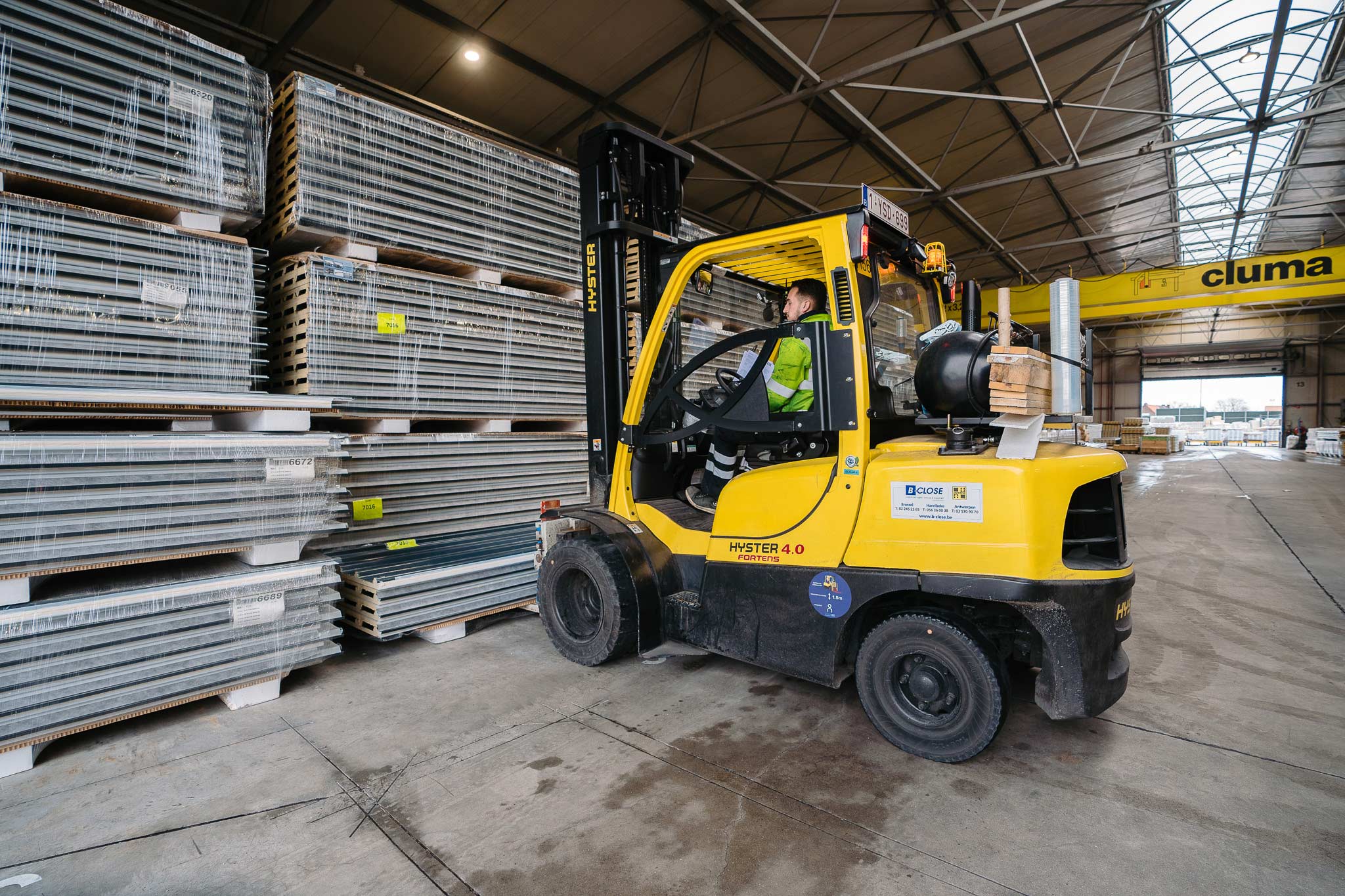
Carbon
Planet Passionate
Joris Ide is committed to reducing greenhouse gas emissions. We aim for a 70% reduction in our Scope 1 and Scope 2 emissions compared to 2020, a 15% reduction in the CO₂ intensity of our key raw materials, and we also want to accelerate the transition to zero-emission vehicles and reduce air pollution.

Reduction of Scope 1 and 2 emissions
Carbon
- Scope 1 – Direct emissions: This scope includes direct CO₂ emissions caused by sources owned or controlled by Joris Ide.
- Scope 2 – Indirect energy emissions: Scope 2 emissions include, but are not limited to, the CO₂ emissions resulting from the generation of purchased electricity consumed by Joris Ide.
- Scope 3 – Indirect emissions: These are all indirect emissions that occur in the value chain of Joris Ide, including both upstream and downstream emissions. This means emissions from the extraction and production of fuels, as well as emissions from waste processing.

Transportation and bioLPG
Carbon
Transport emissions are responsible for nearly 30% of the EU’s total CO₂ emissions, of which 72% comes from road transport (Source: Europarl: Climate Change in Europe, 2024). By gradually replacing our fleet with low-emission vehicles, we aim to support the transition to a zero-emission transport sector, reduce air pollution, and lower our company’s greenhouse gas footprint.
We have set ourselves annual targets for the transition to electric vehicles, reaching 92% since 2024. In addition, the number of electric forklifts in the Joris Ide Group grew from 20% of the total fleet in 2022 to 37% in 2024. On top of that, we also switched from LPG to bioLPG for forklifts in Belgium and France.
Greenhouse Gas Emissions
Carbon
The graph on the right shows the CO₂-equivalent emissions from Scope 1 and Scope 2 (market-based and excluding biogenic emissions) over the past 4 years for the Joris Ide Group, in absolute figures. Despite increased production and the acquisition of Alaço in 2023, and the acquisitions of KZK and Siegmetall in 2024, JI Group has seen a significant drop in greenhouse gas emissions in recent years. This is, of course, due to the measures taken under our Planet Passionate policy: all sites that were still using non-renewable electricity switched to renewable electricity contracts, and many sites transitioned from LPG to BioLPG as forklift fuel. Going forward, there will be a strong focus on decarbonisation. The plan is to convert several panel lines currently running on fossil fuels to operate on renewable fuels in the coming years.

